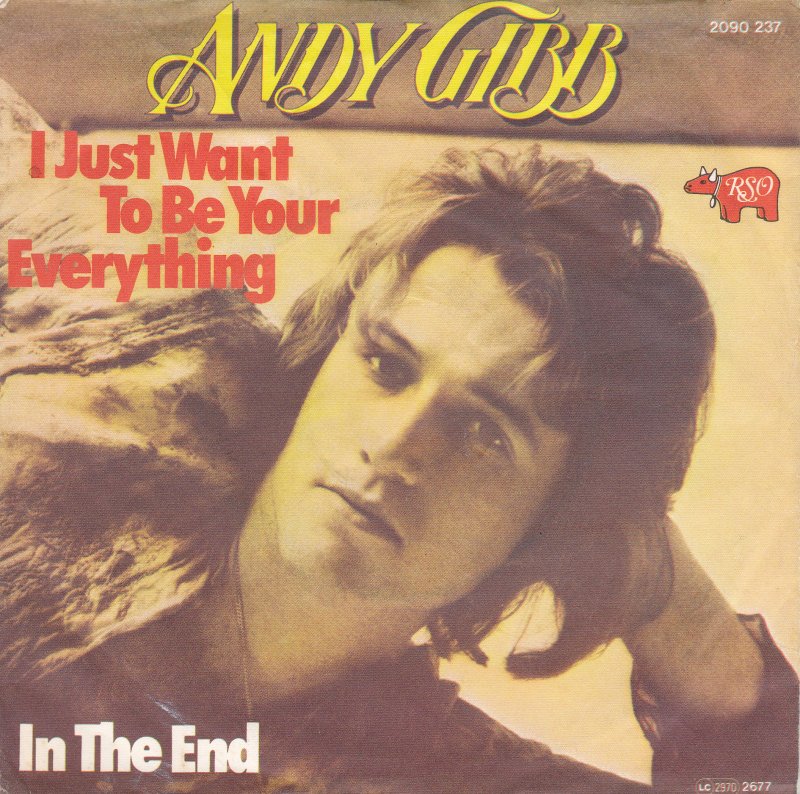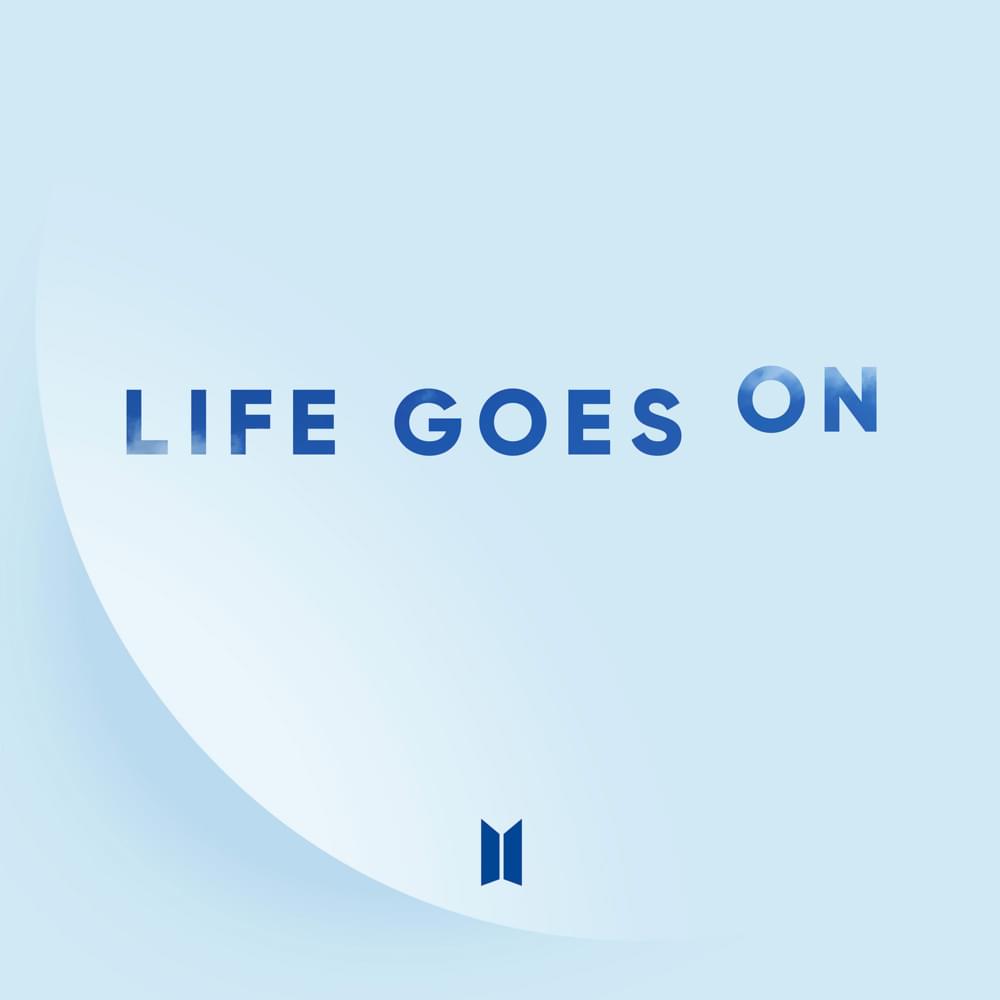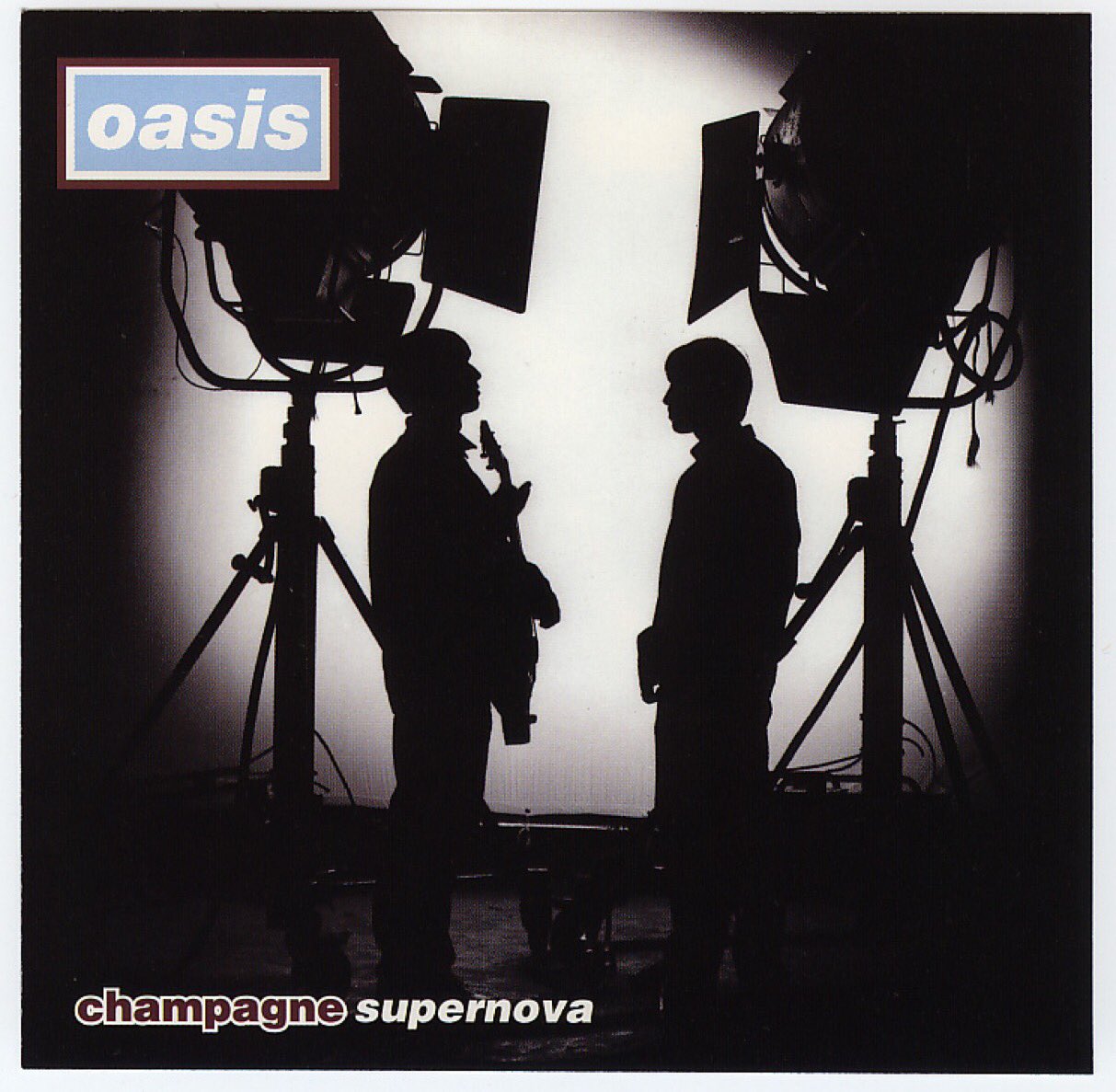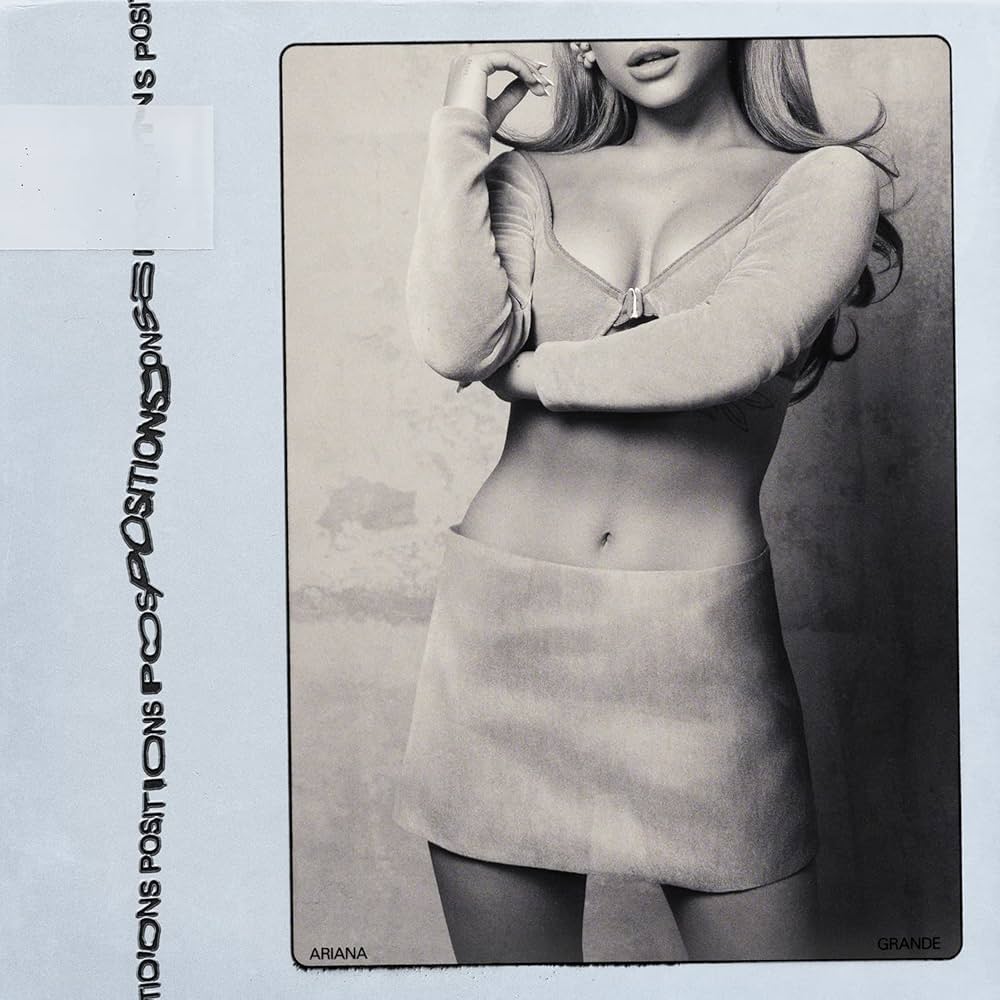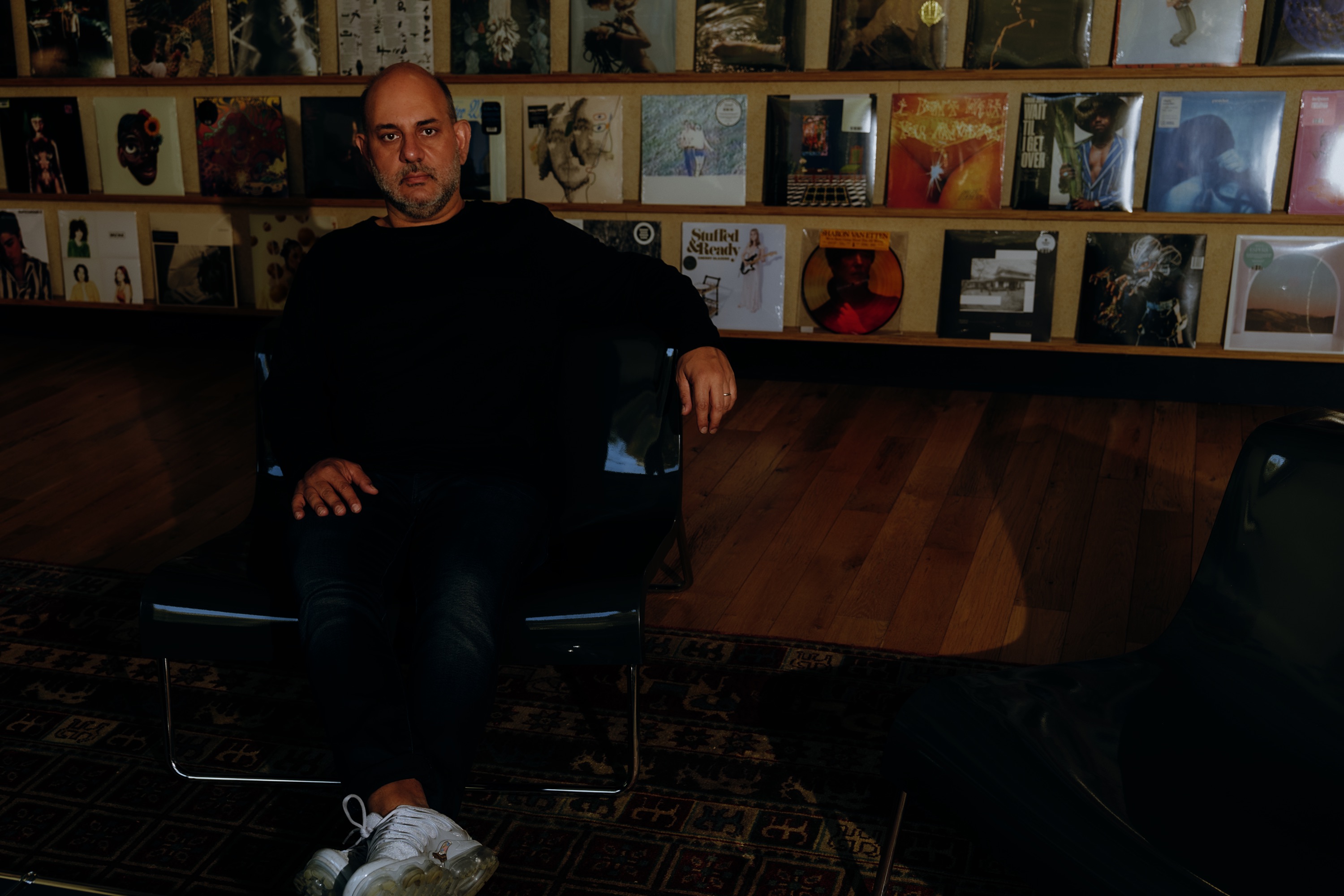In The Number Ones, I'm reviewing every single #1 single in the history of the Billboard Hot 100, starting with the chart's beginning, in 1958, and working my way up into the present.
Andy Gibb - "I Just Want To Be Your Everything"
HIT #1: July 30, 1977
STAYED AT #1: 4 weeks
On the afternoon of August 16, 1977, Elvis Presley's girlfriend Ginger Alden found Presley's body on a bathroom floor in Graceland, his Memphis mansion. Paramedics found Presley unresponsive, and they tried and failed to revive him. A few hours later at a local Memphis hospital, Presley was declared dead at the age of 42. Tens of thousands of fans turned out to watch Presley's Memphis funeral procession. A couple of weeks later, three men were arrested for trying to steal Presley's body.
At the time, the Memphis medical examiner claimed that Presley had died of heart failure and that drugs weren't a factor. He was lying. Presley's personal doctor George Nichopoulos -- known as Dr. Nick -- had been pumping Presley full of drugs, including a variety of painkillers. Presley's live show had still been a big draw in the last years of his life, but onstage, he'd often been hazy and near-incomprehensible. When he wasn't playing concerts, he'd become something of a recluse, holing up at Graceland. He wasn't exactly the vital and charismatic force that he'd been 21 years earlier, when the world first met him.
When he entered the national stage in 1956, looking like sex and venom, Elvis Presley had been a key catalyst in a massive, sweeping wave that would go far beyond music and come to touch every last aspect of global culture. Presley had dominated pop charts for years, long after he'd stopped even trying to make exciting music. But by the time of his death, Presley hadn't been much of a chart presence for a half-decade.
In the '70s, popular music had moved away from the pounding sex-howls that Presley had helped popularize. (Presley had moved away from them, too, but he'd moved away in a different direction.) The big songs of Presley's final year must've sounded strange to him. Consider, if you will, the case of the #1 song in America at the time of Presley's death: A lush and slinky love-squeak from a 19-year-old kid who'd lived his entire life in a post-Elvis world.
In 1958, the year Andy Gibb was born, his family moved from the UK's Isle Of Man to Australia, and his three much-older brothers formed a band. (Andy was 12 years younger than Barry and 11 years younger than twins Robin and Maurice.) That band would, of course, become the Bee Gees. When Andy was nine, his family moved back to England, and his brothers scored their first hit. A young Andy would come home from school to find his house mobbed with screaming admirers. It became normal to him.
While the Bee Gees were on the ascent, Andy and his parents moved to the Spanish island of Ibiza. At 13, Andy dropped out of school and started singing at local nightclubs, often covering his brothers' songs. He moved around some more -- first back to the Isle Of Man, and then, at 16, to Australia, where his brother Barry thought that he might mature into a better performer. In Australia, Gibb sang with a couple of different bands, got married, and released his first single, 1975's "Words And Music." (It only came out in Australia, and it didn't really go anywhere.)
Robert Stigwood, the Bee Gees' manager, liked Andy's demo tape and signed him to his RSO label, so Andy moved to Miami in 1976 and started working with his brothers. With the Bee Gees on a hot streak -- one that would soon lead to a period of almost unfathomable commercial dominance -- Andy Gibb must've seemed like a hell of a discovery. Here, Stigwood had a baby Bee Gee who looked like a teen idol and who could sing, more or less, like his brothers. Andy immediately started working with Barry, who had songs to spare.
Barry Gibb wrote "I Just Want To Be Your Everything," the first Andy Gibb single that most of the world would get to hear, in about 20 minutes, while an awestruck Andy watched. Barry also sang backup on the song and produced it with Bee Gees collaborators Albhy Galuten and Karl Richardson. Andy recorded "I Just Want To Be Your Everything" at Miami's Criteria Studios while the Eagles were finishing up their Hotel California album there, and Joe Walsh showed up to play guitar on the song, though you really can't tell it's him.
Given Barry Gibb's heavy involvement in "I Just Want To Be Your Everything," the track sounds a whole hell of a lot like a Bee Gees song. This, presumably, was not an accident. Andy sings it in an unearthly whimper-squeak, a sound that no non-Gibb can conjure. The song is the same kind of slick, ingratiating lite-funk that had become the Bee Gees' trademark. But it's also the kind of chaste and moony-eyed love song that the Bee Gees weren't really making.
In a lot of ways, "I Just Want To Be Your Everything" is Barry Gibb putting his expertise into writing a teen-idol jam, something that made more sense for Andy than for the Bee Gees. It's an awfully smart move: Presenting a fully formed teenage Bonus Bee Gee for the American high-school kids who might've found the actual Bee Gees a little too hairy and adult.
Max Martin, a man whose songs will appear in this column many times, has this songwriting philosophy that he calls musical math. It's not as complicated as it sounds. Martin thinks that a song's lyrics should serve its melody first. A song, for Martin, is not about conveying thoughts or passions through words. Instead, the words themselves are the vehicles for the music. That's why so many Max Martin songs have so many confounding, impractical turns of alien-grammar phrase: He just doesn't think the actual words matter that much. Decades before Max Martin's rise, Barry Gibb was putting that concept into practice.
"I Just Want To Be Your Everything" is, in a lot of ways, a typical love song. The basic point is that Andy Gibb loves you, girl, and that he'll die if he can't be with you. And yet Barry chooses some truly strange words to express this simple and pedestrian idea: "Open up the heaven in your heart and let me be the things you are to me, and not some puppet on a string." That's closer to gibberish than it is to poetry. Lyrically, the song is clumsy and forced, and it only barely makes sense, but that doesn't matter. The words fit the song.
Musically, "I Just Want To Be Your Everything" isn't as fluid and commanding as the best Bee Gees music of the era, but it's got a real groove to it. It's more of a midtempo lope than a disco floor-filler, but the emphasis is still on the beat. It opens with a perfect little drum-roll and a dramatic swell of synths before everything locks in. When the groove hits, the guitars, from Joe Walsh and session guy Joey Murcia, dart in and out of each other in casually precise ways. Strings hit a few maudlin melodic notes in the background, but they don't take control of the song.
Instead, Andy Gibb dances through, pushing lazily against the beat but never fighting it. He's breathy and suave, a born disco lounge-lizard. And when Andy and Barry hit the harmonies on the hook, the song really takes off. "I Just Want To Be Your Everything" works as a sly, flirty piece of work. It's nowhere near as good as the best Bee Gees songs of the era. But when you consider that Andy Gibb's teen-idol competitors were making bullshit like "Da Doo Ron Ron," it's practically a revelation. "I Just Want To Be Your Everything" immediately established Andy Gibb as a major star and as an extension of the Bee Gees empire right when that was a very good thing to be. He will be in this column again.
GRADE: 6/10
BONUS BEATS: Here's Connie Smith's curious country-disco cover of "I Just Want To Be Your Everything," a pretty big country-radio hit in 1978:
THE 10S: The London Symphony Orchestra's recording of John Williams' "Star Wars (Main Title)" peaked at #10 behind "I Just Want To Be Your Everything." This piece of music is an armored banger with enough power to destroy an entire planet, and it's a 10.
